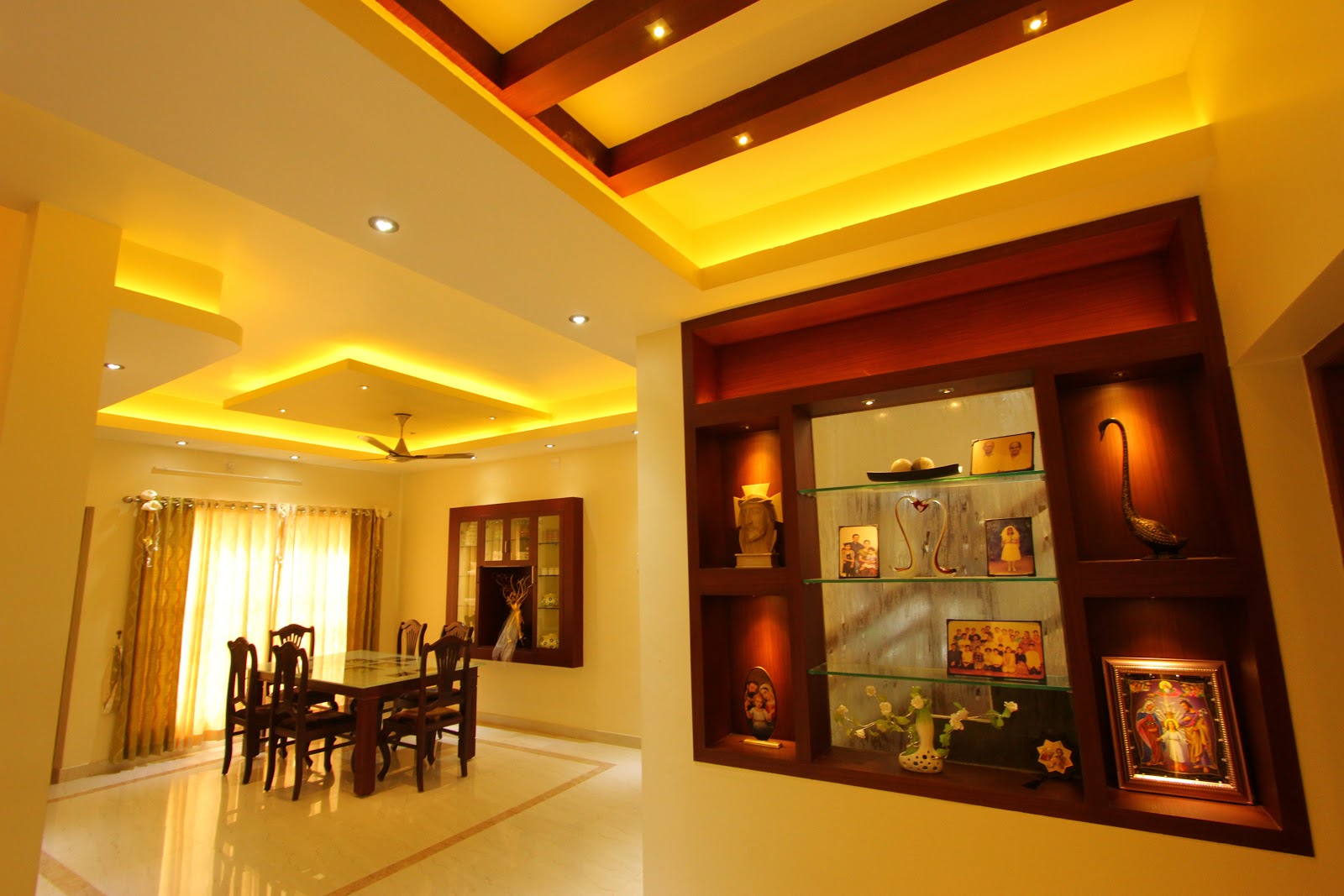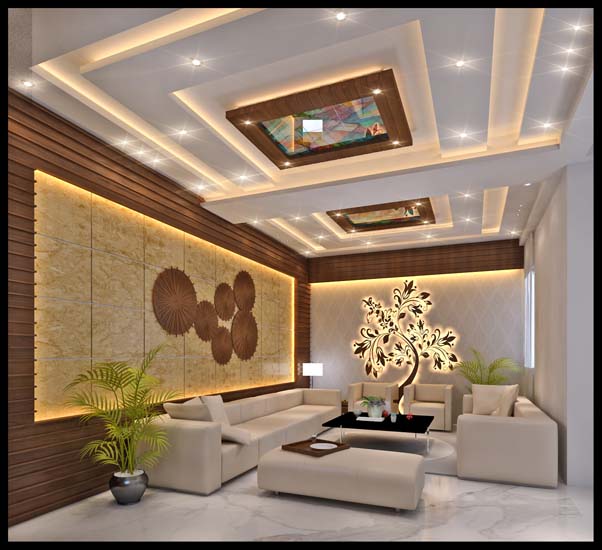When envisioning the excellent home or work space, many people focus on specific aspects-- color pattern,
furnishings , lights-- without realizing exactly how these aspects must harmonize to produce an atmosphere that is both practical and aesthetically pleasing. This is where an interior designer becomes crucial. More than simply decorators, indoor designers are proficient professionals that understand the psychology of area, the principles of style, and the technical knowledge needed to bring a vision to life.
Interior decoration is not simply about making an area look attractive. It is a strategic process that includes in-depth planning, understanding of materials, an understanding of spatial circulation, and a deep recognition for exactly how individuals interact with their setting. Every space has an objective, and a well-designed space improves that purpose by guaranteeing convenience, efficiency, and appeal exist side-by-side seamlessly.

One of the most vital duties of an interior designer is to balance creative thinking with capability. For example, a perfectly developed living-room sheds its allure if it does not have comfortable seating arrangements or correct illumination. A cooking area might include premium coatings, but if the layout does not sustain simple movement, meal preparation can end up being discouraging. An interior designer takes into consideration these functional components, making sure that the aesthetic vision does not compromise usability.
Past aesthetic appeals, interior developers additionally include technological skills right into their job. They have to recognize building regulations, architectural requirements, and products' durability. They deal with architects and contractors to guarantee their layouts are feasible and compliant with safety laws. Additionally, they typically incorporate lasting and energy-efficient options, assisting customers reduce their environmental effect while developing healthier living and working rooms.
One more element that sets professional indoor developers apart is their capability to personalize areas according to the customer's special needs and lifestyle. They put in the time to comprehend a customer's choices, behaviors, and goals to create a style that shows their individuality and enhances their life. Whether it is a serene and minimalist bedroom, a vibrant and vibrant office, or a comfortable and welcoming living space, an interior designer dressmakers every component to fit the individual or firm they are making for.

The impact of interior decoration expands beyond personal homes and right into commercial rooms. Companies depend on indoor designers to produce settings that promote performance, motivate client interaction, and enhance brand identity. A well-designed workplace can enhance employee morale and efficiency, while a thoughtfully prepared retail area can affect shopping behavior and sales. Hospitality layout, from resorts to dining establishments, plays a substantial duty fit client experiences and understandings, proving that interior design is not almost aesthetics however likewise regarding performance and psychology.
The process of working with an interior designer often begins with consultation and conceptualization. Developers gather details regarding the space, go over the client's needs, and establish preliminary concepts. From there, they produce detailed strategies and mood boards, picking shades, furnishings, and materials. When the design is settled, they look after the execution, coordinating with specialists and providers to bring the vision to life. This level of job management ensures that the final result aligns with the preliminary principle while remaining within budget and timeline restrictions.
Employing an interior designer is a financial investment in a space's long-term value and use. While some may see it as an unneeded cost, the knowledge of a developer can stop costly errors, make best use of room effectiveness, and develop a setting that enhances well-being. A well-designed room can boost residential or commercial property value, making it a rewarding factor to consider for home owners and company owner alike.
Ultimately, interior designers are more than simply experts that pick colors and furniture; they are visionaries that transform normal areas right into phenomenal settings. Whether developing a home, an office, or an industrial establishment, their experience ensures that every room tells a story, serves a function, and improves the lives of those that use it.


0no comments yet